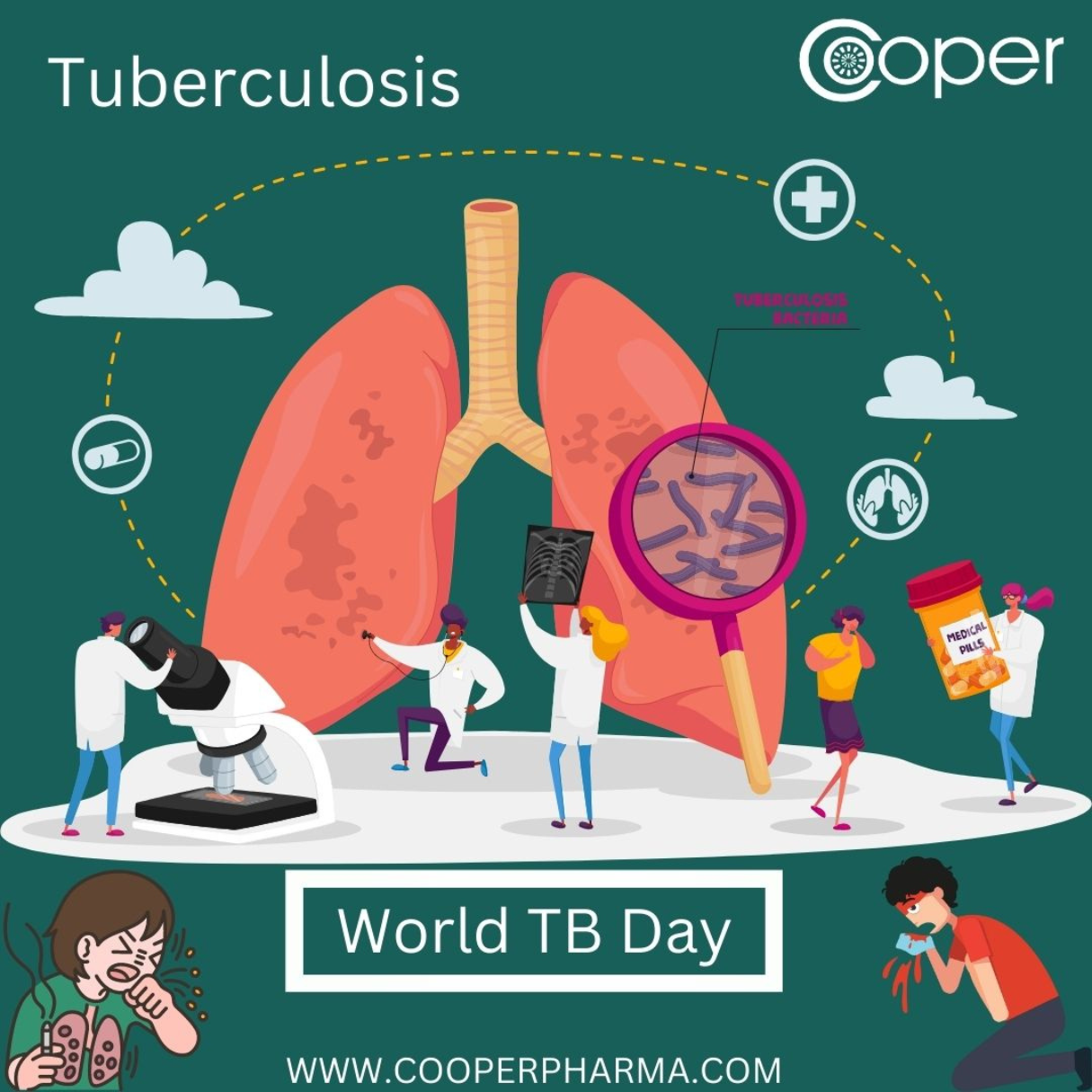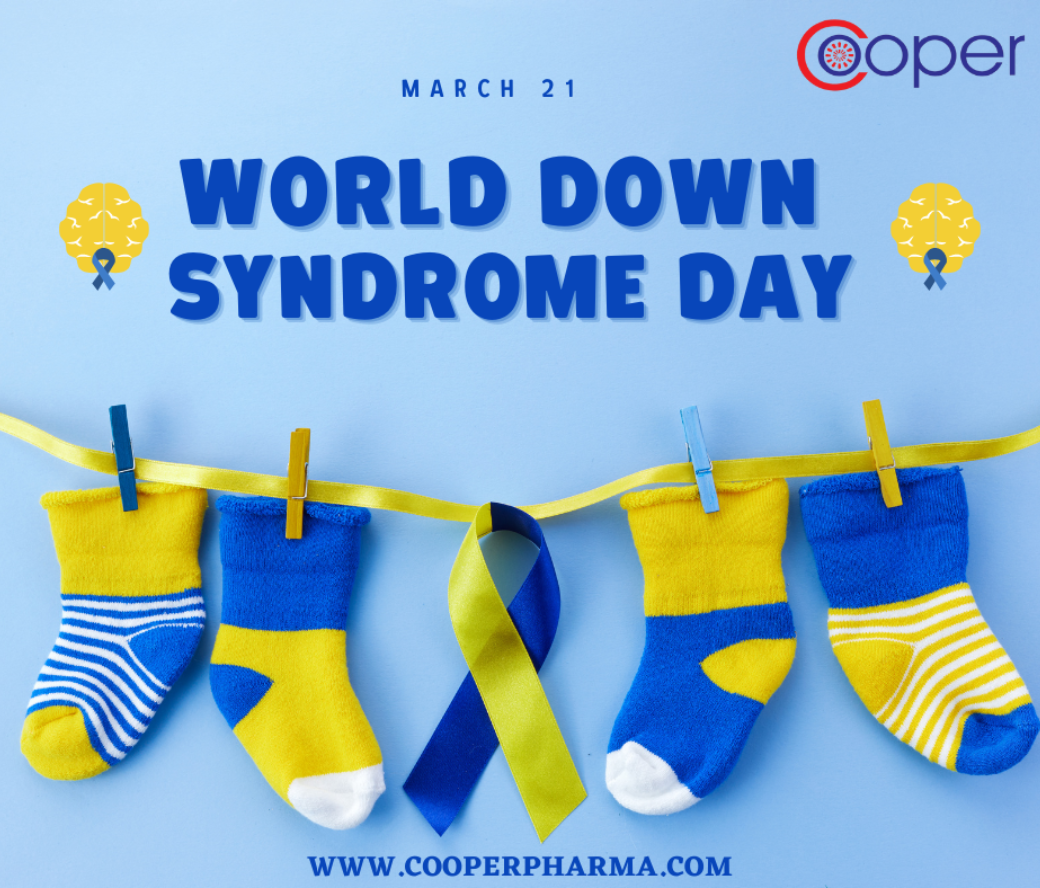Antibiotic Safety
Recent Blog
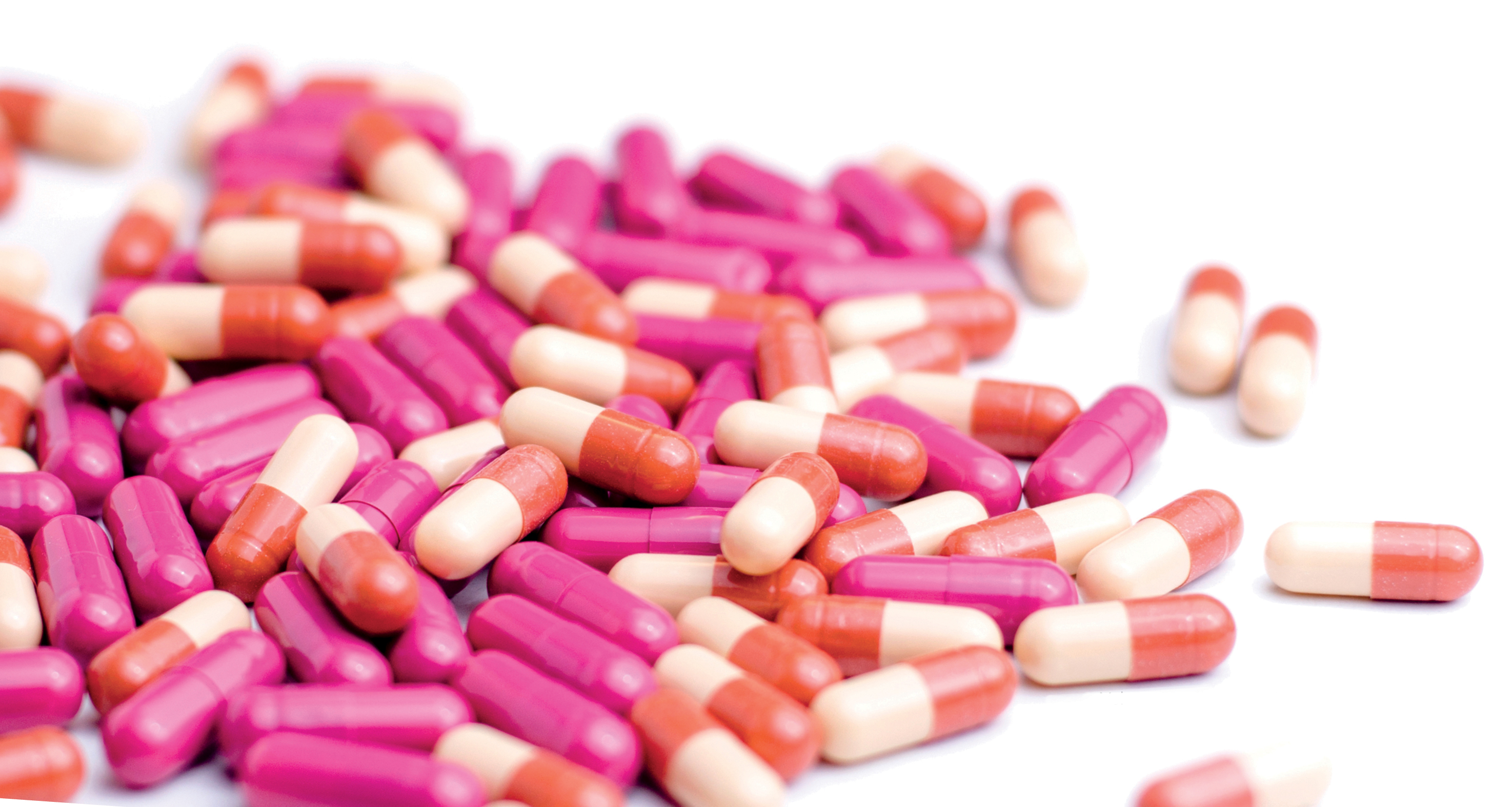
Antibiotic Safety
Date:- 2018-08-04 00:00:00
Antibiotics are the most powerful and important medicines that help in fighting to stop bacterial and viral infections. They are used to kill germs that cause certain illnesses, but there are certain cases where antibiotics can actually be harmful. Below mentioned points to be taken in mind while taking antibiotics. Learn when you should and should not take antibiotics. Antibiotics, if used properly, are very effective in treating severe infections. Even though most natural anti-microbial are great at treating infections occasionally an antibiotic is needed to treat an infection.
The intake of antibiotics leads to cause side-effects. It includes nausea, diarrhea and stomach pain. Sometimes these symptoms can lead to dehydration and other problems. While you taking antibiotics, you are not aware of its side-effects.
Viral and Bacterial Infections are not the same
Viruses and bacteria are the two types of germs that cause infections. Antibiotics can only cure infections caused by bacteria, not viruses. Viral infections should not be treated with antibiotics. People recover from viral infections when the illness has run its course. Viral infections may sometimes lead to bacterial infections. However this typically does not happen unless the patient has had the viral symptoms for more than seven days. Some examples of viral illnesses include:
- Common cold—stuffy nose, sore throat, sneezing, cough, headache
- Influenza (flu)—fever, chills, body aches, headache, sore throat, dry cough
- Most coughs
- Acute bronchitis (cough, fever)—almost always caused by viruses
- Pharyngitis (sore throat)—most sore throats are caused by viruses and are not effectively treated with an antibiotic
- Viral gastroenteritis
If a virus is making you sick, taking antibiotics may do more harm than good. Using antibiotics when you don't need them, or not using them properly, can add to antibiotic resistance. This happens when bacteria change and become able to resist the effects of an antibiotic.
Put an End to Antibiotic Resistance
Antibiotics are an effective way of killing bacteria and preventing a bacterial infection. One of the world's most pressing health threats, however, is antibiotic resistance, which can be caused by overusing antibiotic drugs. Antibiotic resistance has become a very big problem in the world today. Resistance may result when antibiotics are used too often or inappropriately for viral infections. When resistance develops, the antibiotic is not able to kill the germs causing the infection. Infection may go longer and instead of getting better your body gets worse and your body becomes resistant in using and getting an effect of antibiotics. You increase your chance of getting an illness. The use of antibiotics should be beneficial if it is taken during the time period explained by the doctor and do not save antibiotics for later purpose.
Patients who are more vulnerable to antibiotic-resistant bacteria include:
- Premature infants and children
- The elderly
- Burn victims
- Bone marrow transplant patients, and
- Patients with weakened immune systems (i.e., AIDS, cancer).
Pharmacists who work in hospitals, clinics, and other healthcare settings make sure that patients receive the right type of antibiotics. They also help to create procedures to prevent the spread of antibiotic-resistant bacteria in hospitals and other healthcare facilities.
Hypersensitivity Allergic Reactions
Allergic reactions might occur due to antibiotic-relating side-effects. These reactions causing mild rashed itching to serious blistering skin reactions, swelling of the face and throat, breathing problems. The immune system is unable to respond to hypersensitivity allergic reactions when exposed to certain substances i.e. allergens such as drugs, foods which might be harmless for some people and the causing result leads to allergic reactions. Allergy differs from one person to another. Some people are allergic to only one substance while others are allergic to many substances. They produce a type of antibody called immunoglobulin E (IgE). IgE binds to a type of WBC called basophils in the bloodstream and to a similar type of cell mast cells in the tissues. The first exposure to the allergen does not make harm to people. When people subsequently encounter the allergen, the basophils and mast cells with IgE on their surface release substances (such as histamine, prostaglandins that cause swelling or inflammation in the surrounding tissue and form a cascade that irritates harm tissues.
Antibiotic issues specific to women
Antibiotics can lead to vaginal yeast infections. This happens because antibiotics kill the normal bacteria in the vagina and this causes yeast to grow rapidly. Symptoms of a yeast infection include one or all of the following symptoms: itching, burning pain during sex and vaginal discharge. Antibiotics may cause birth control pills to be less effective. Ti is important to let your doctor know if you are pregnant or nursing because its adverse effects may be passed on to a fetus and cause harm.
When you take antibiotics, follow the directions carefully. It is important to finish your medicine even if you feel better. If you stop treatment too soon, some bacteria may survive and re-infect you. The use of antibiotics should be beneficial if it is taken during the time period explained by the doctor and do not save antibiotics for later purpose.

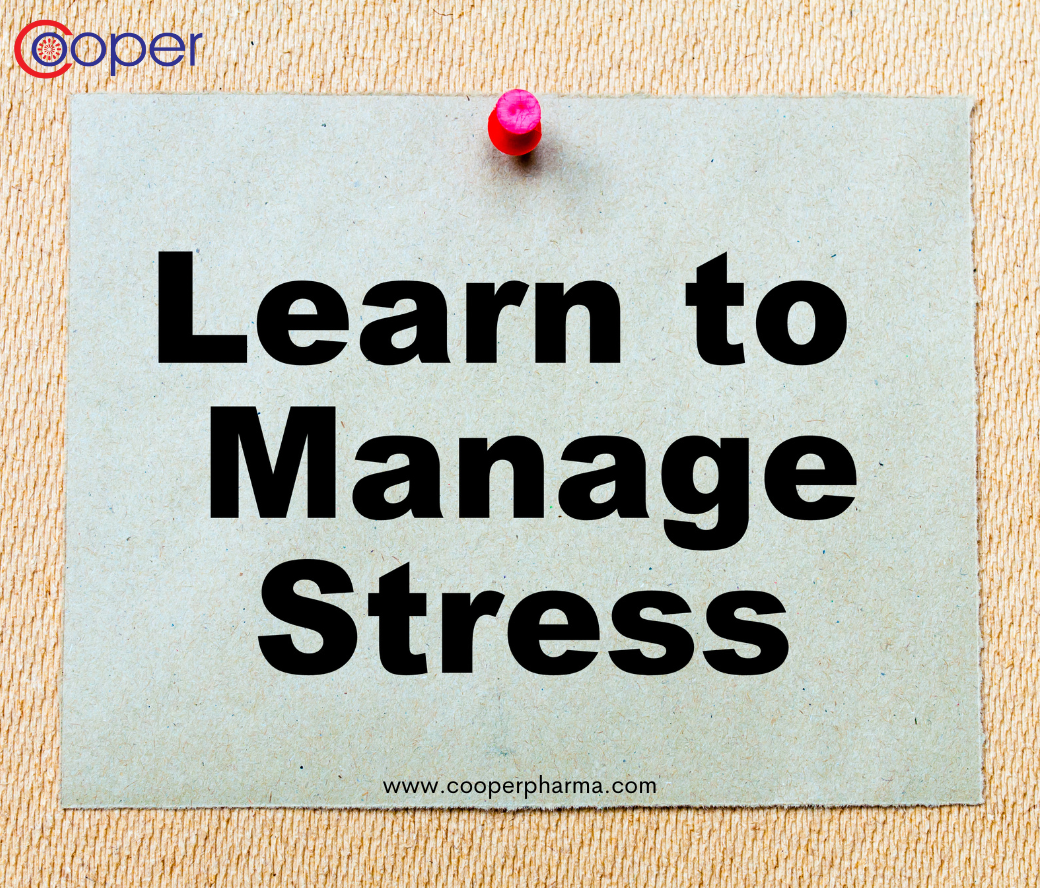
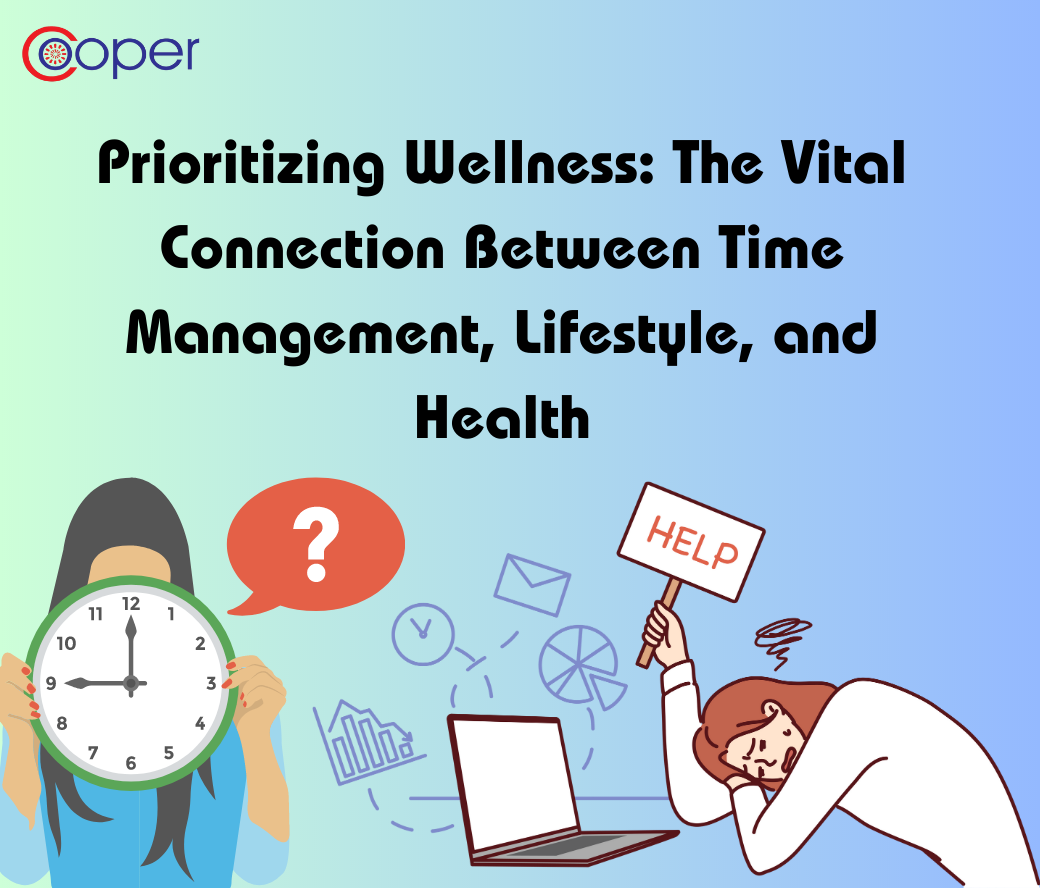
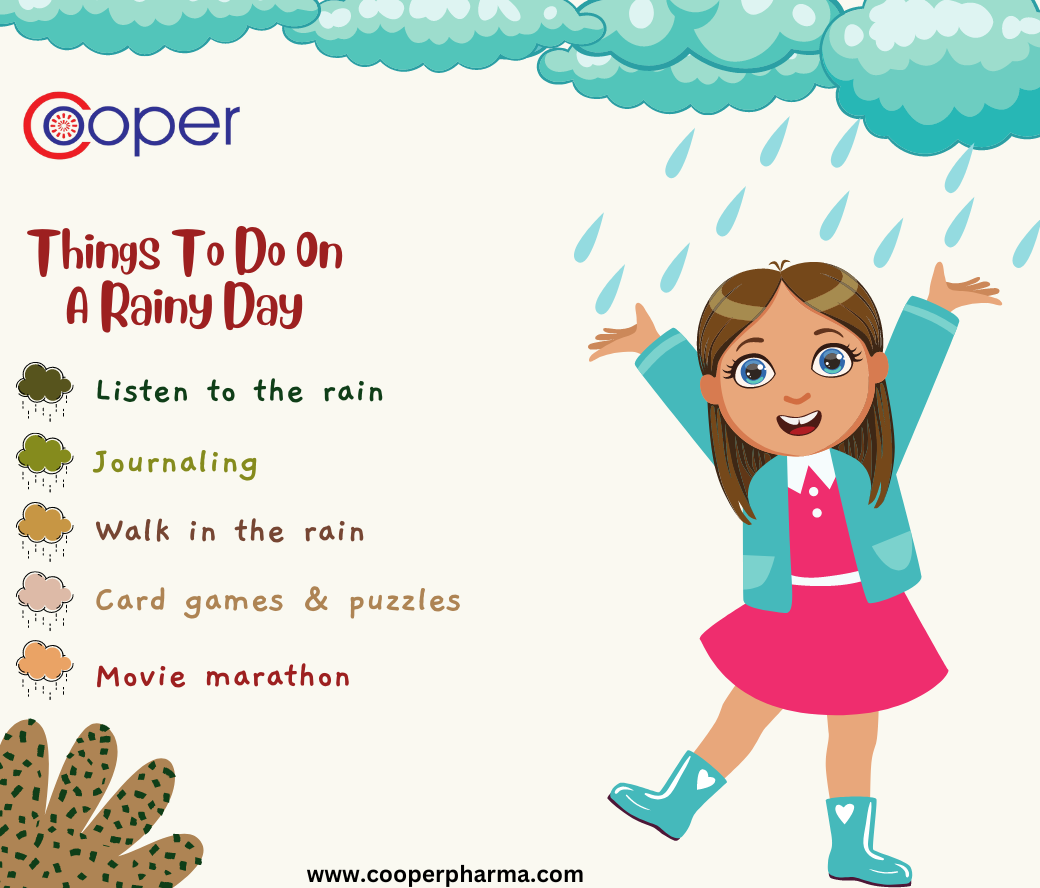
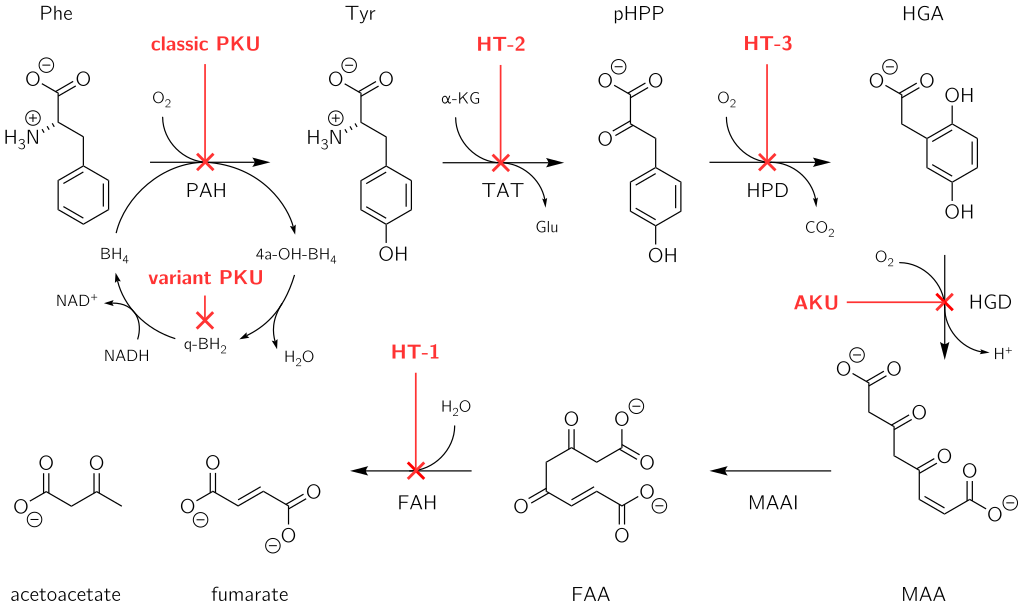

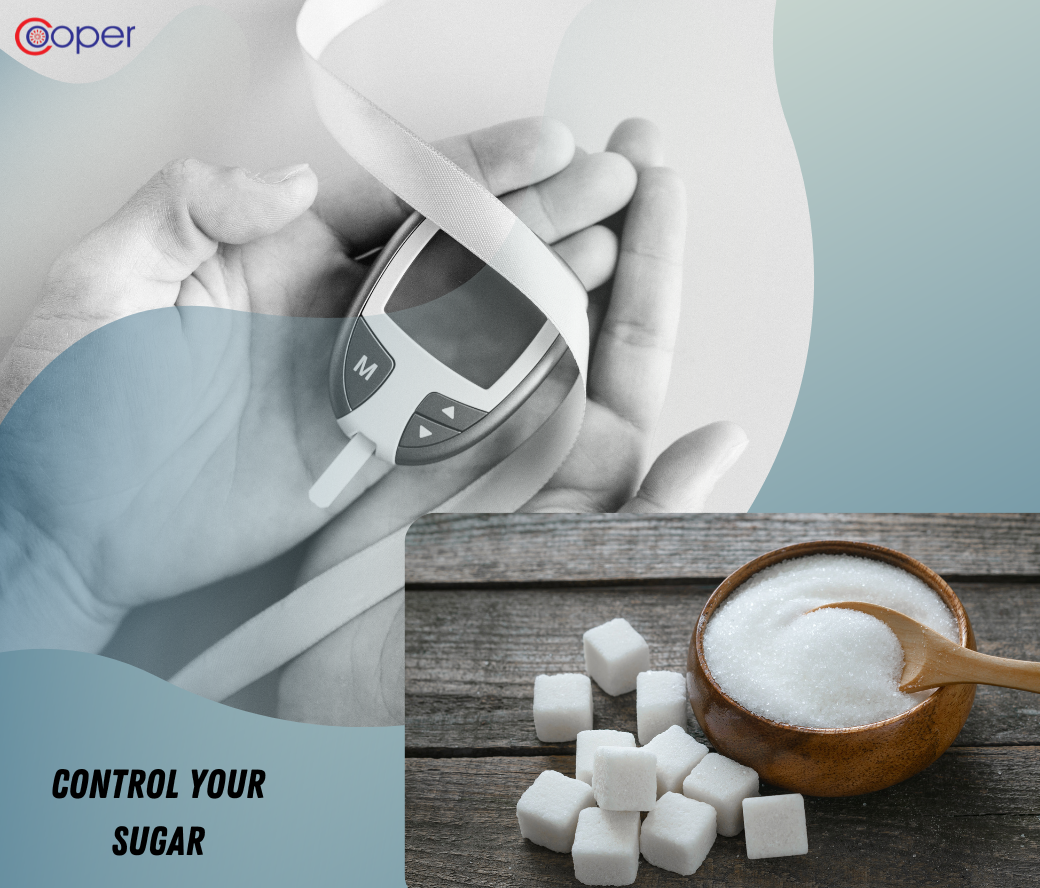
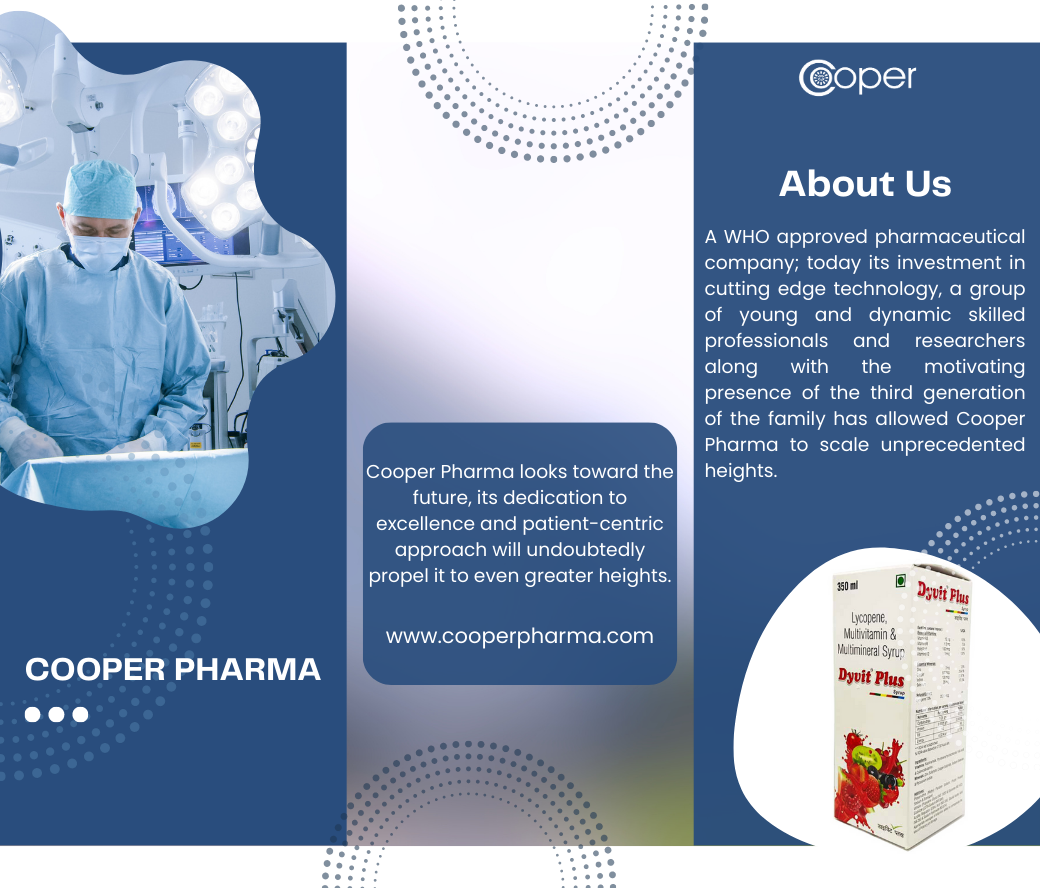
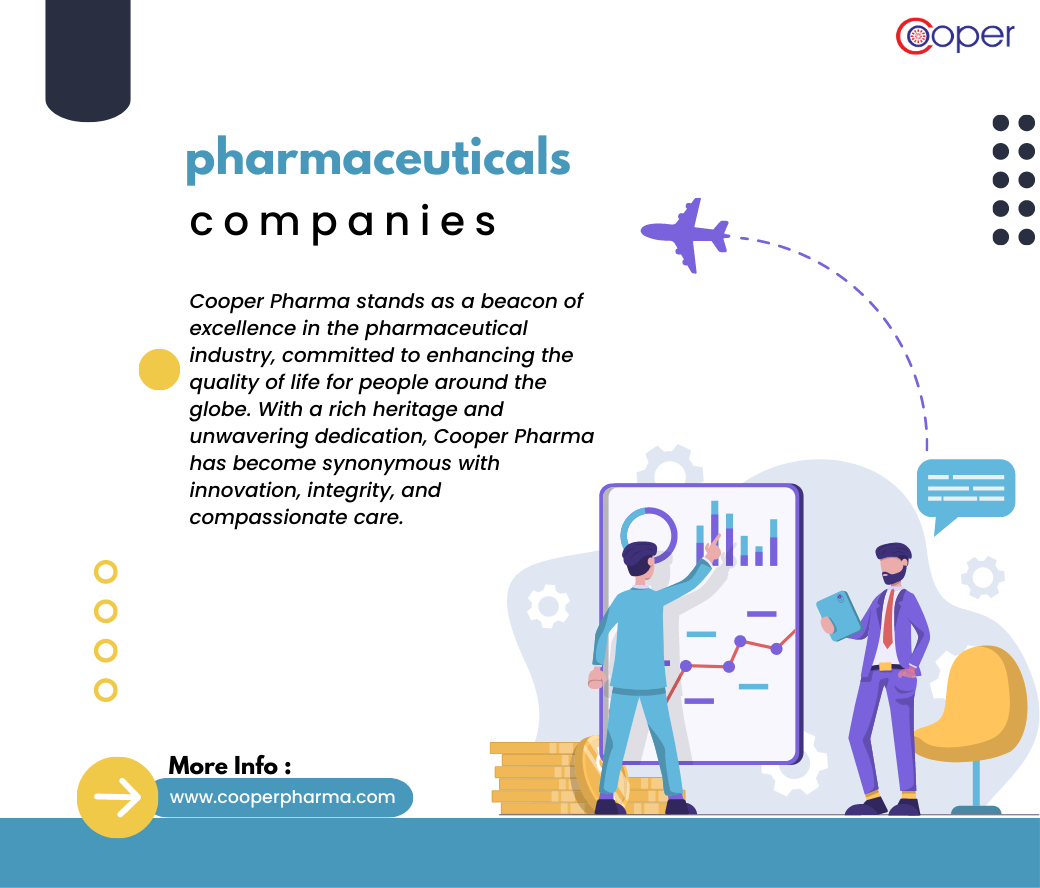
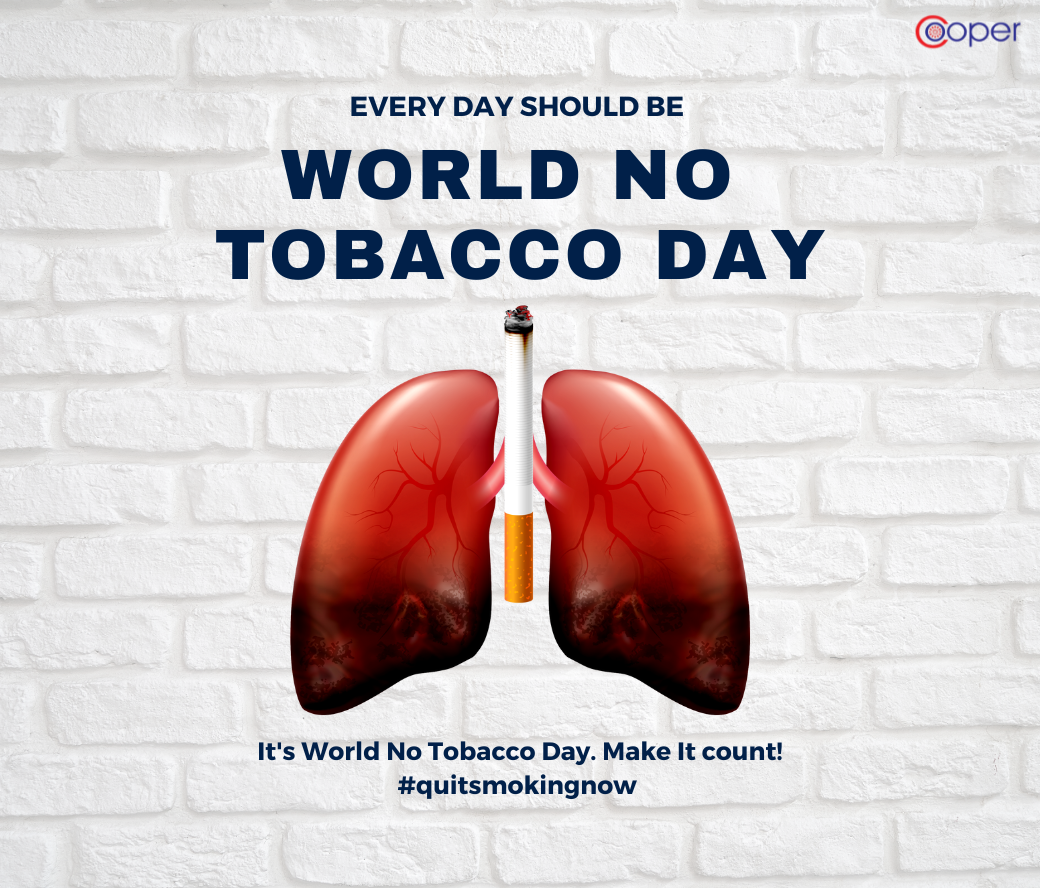

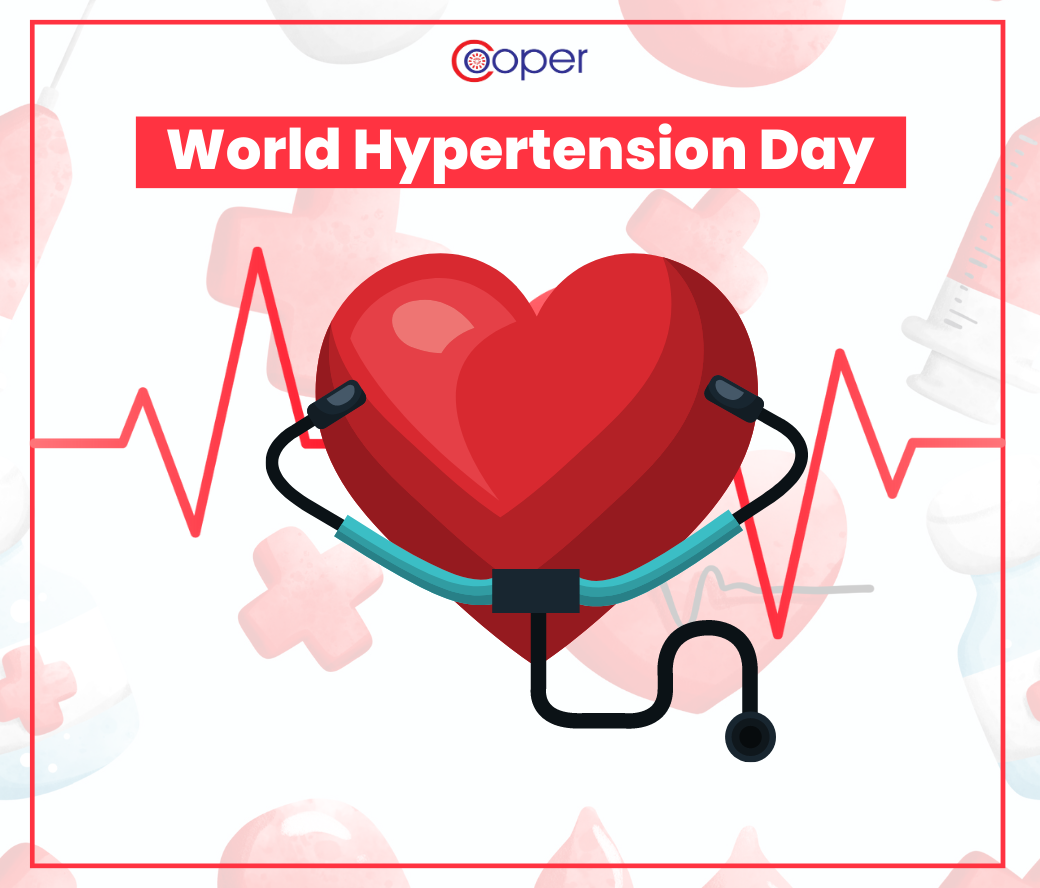
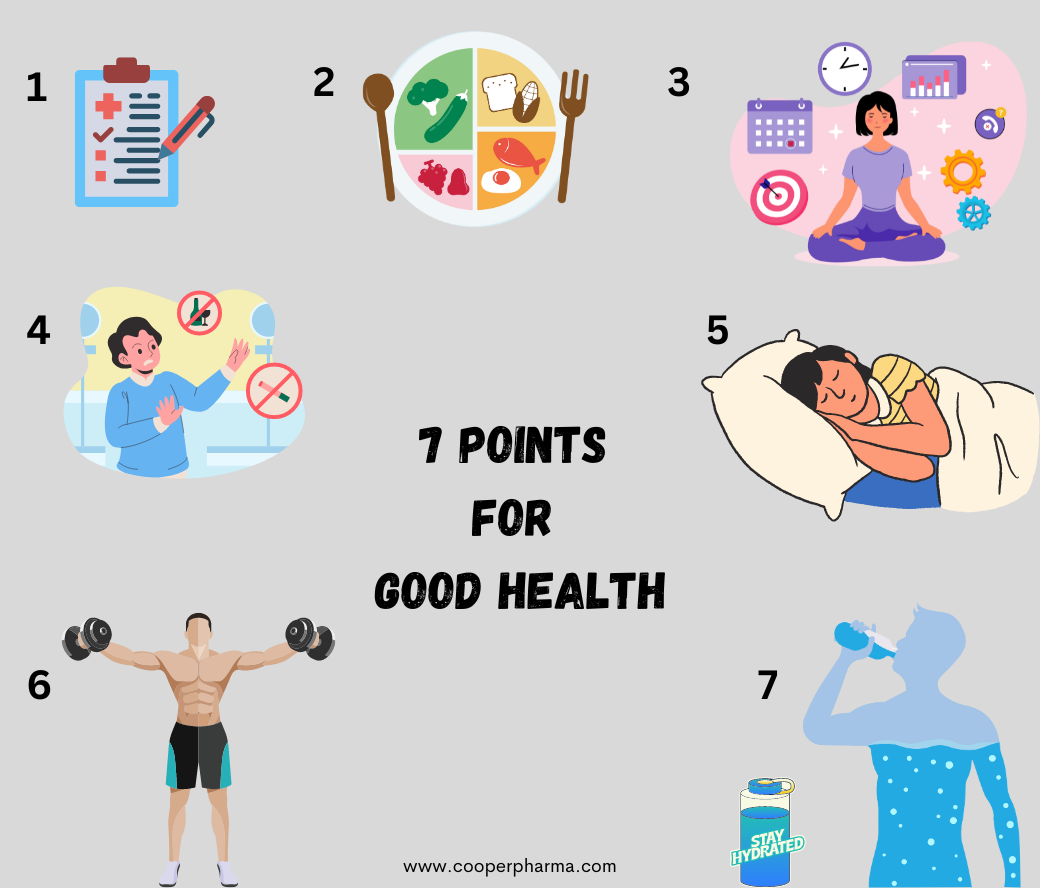
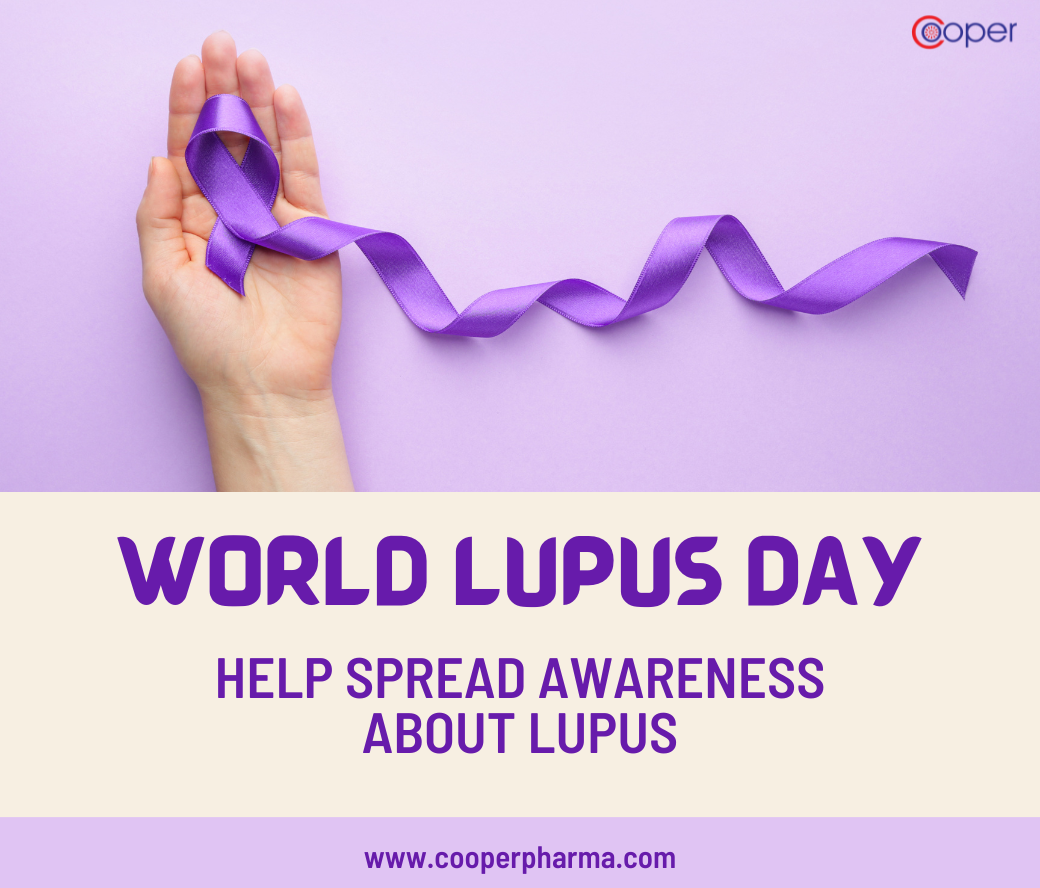
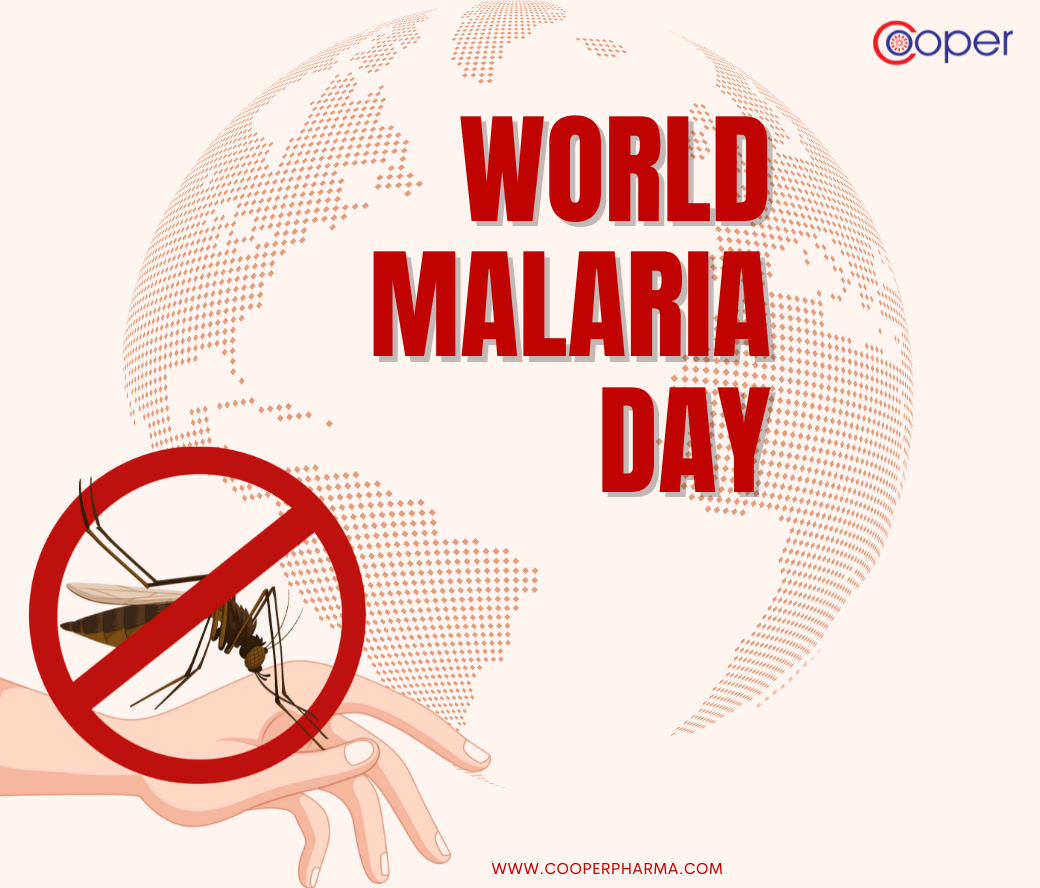
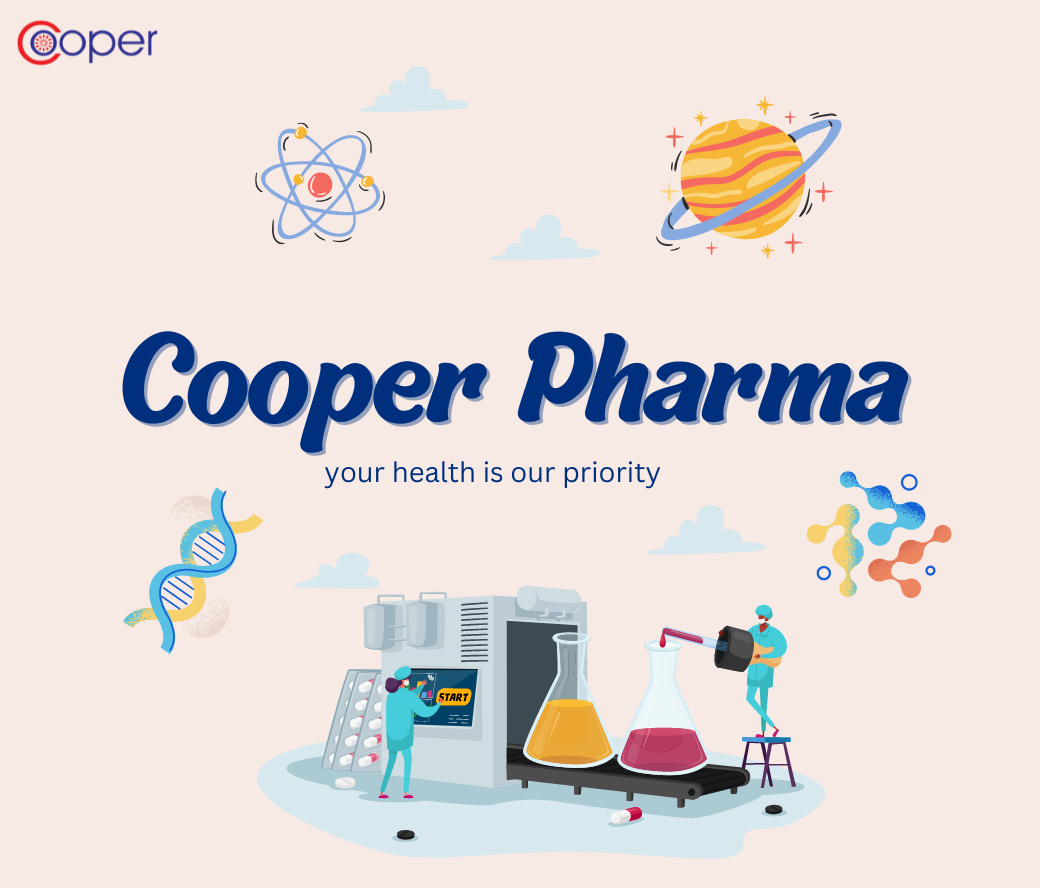
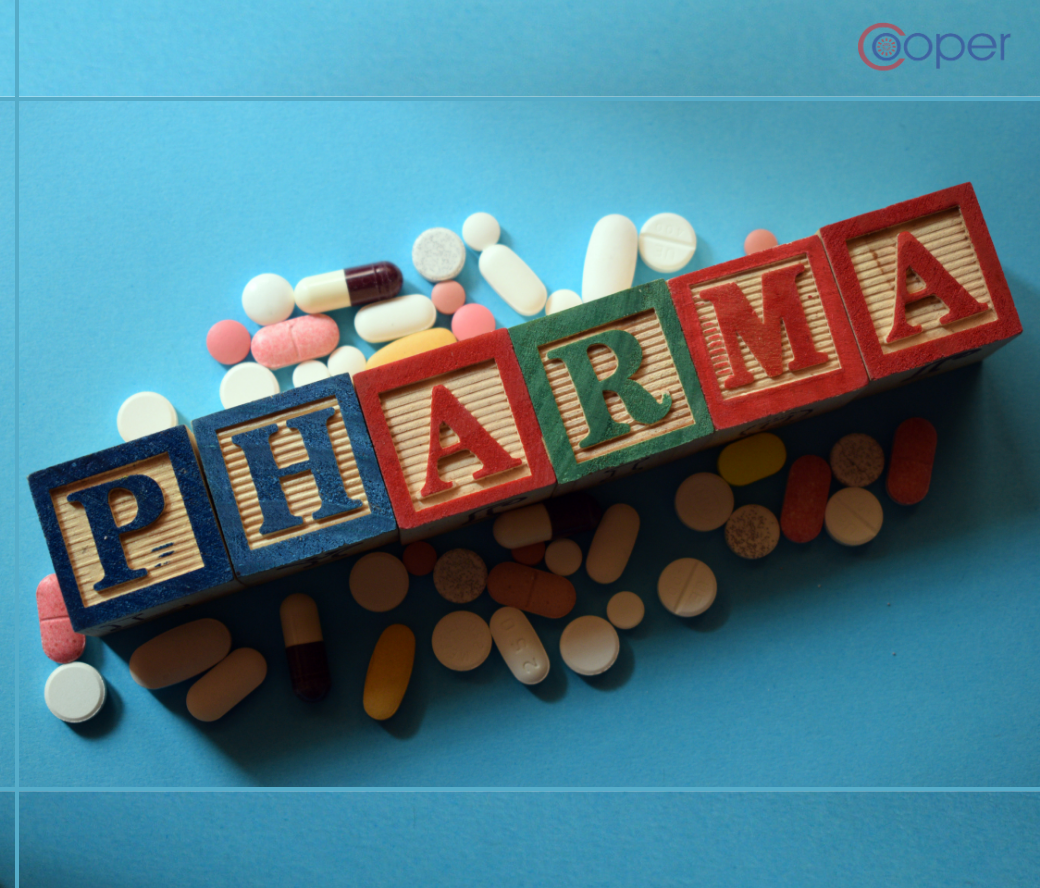
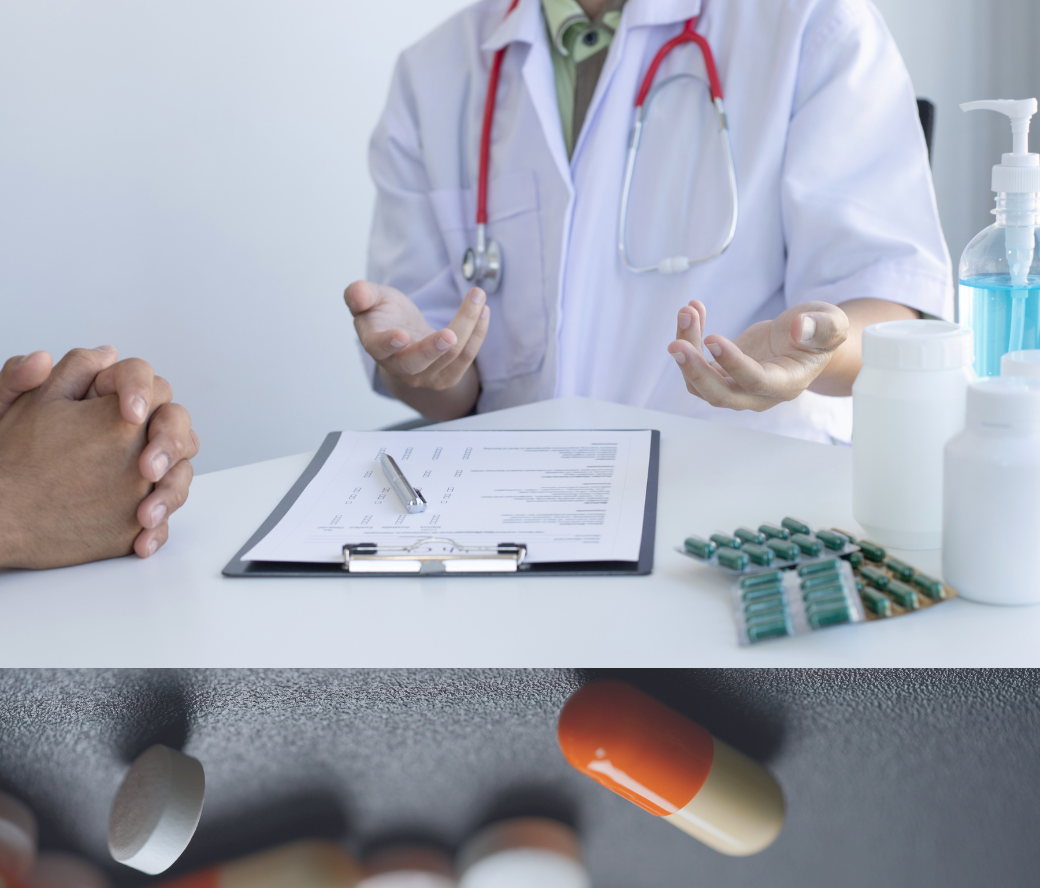
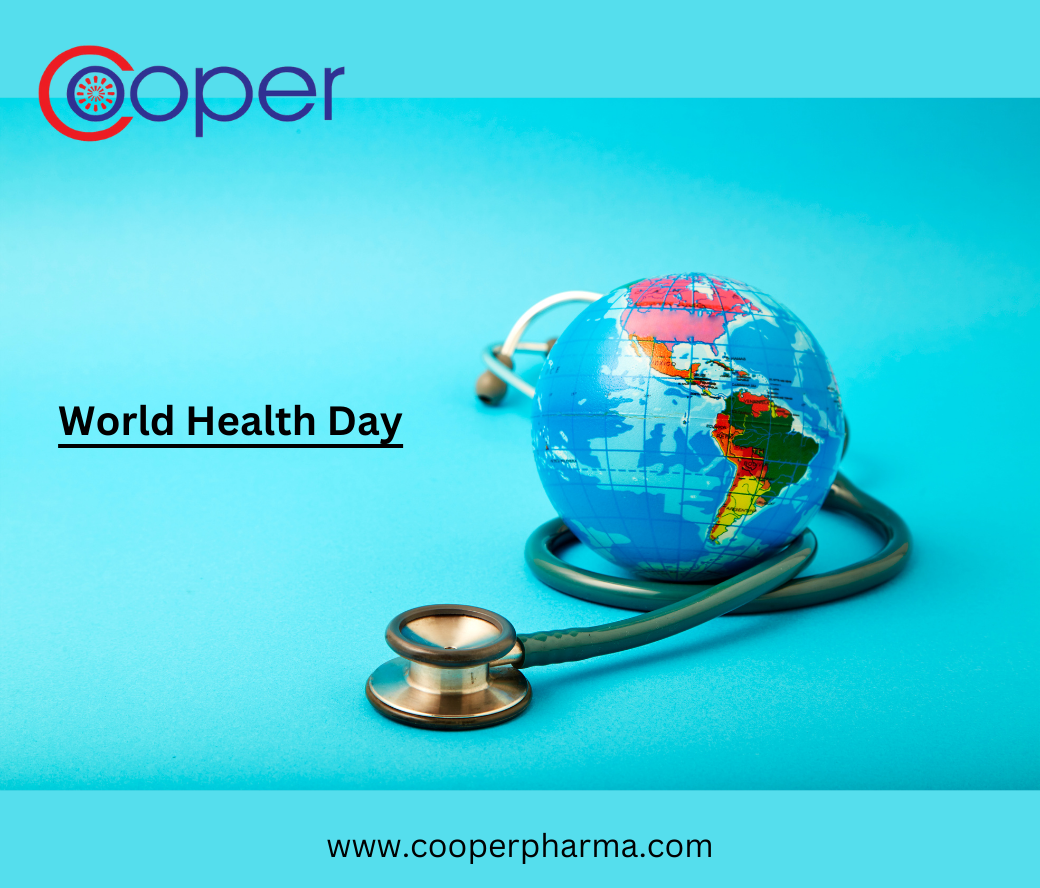
.png)

